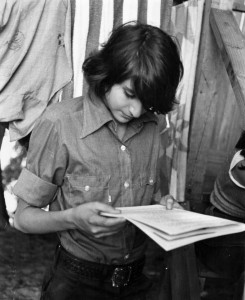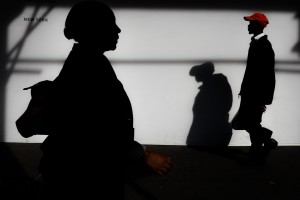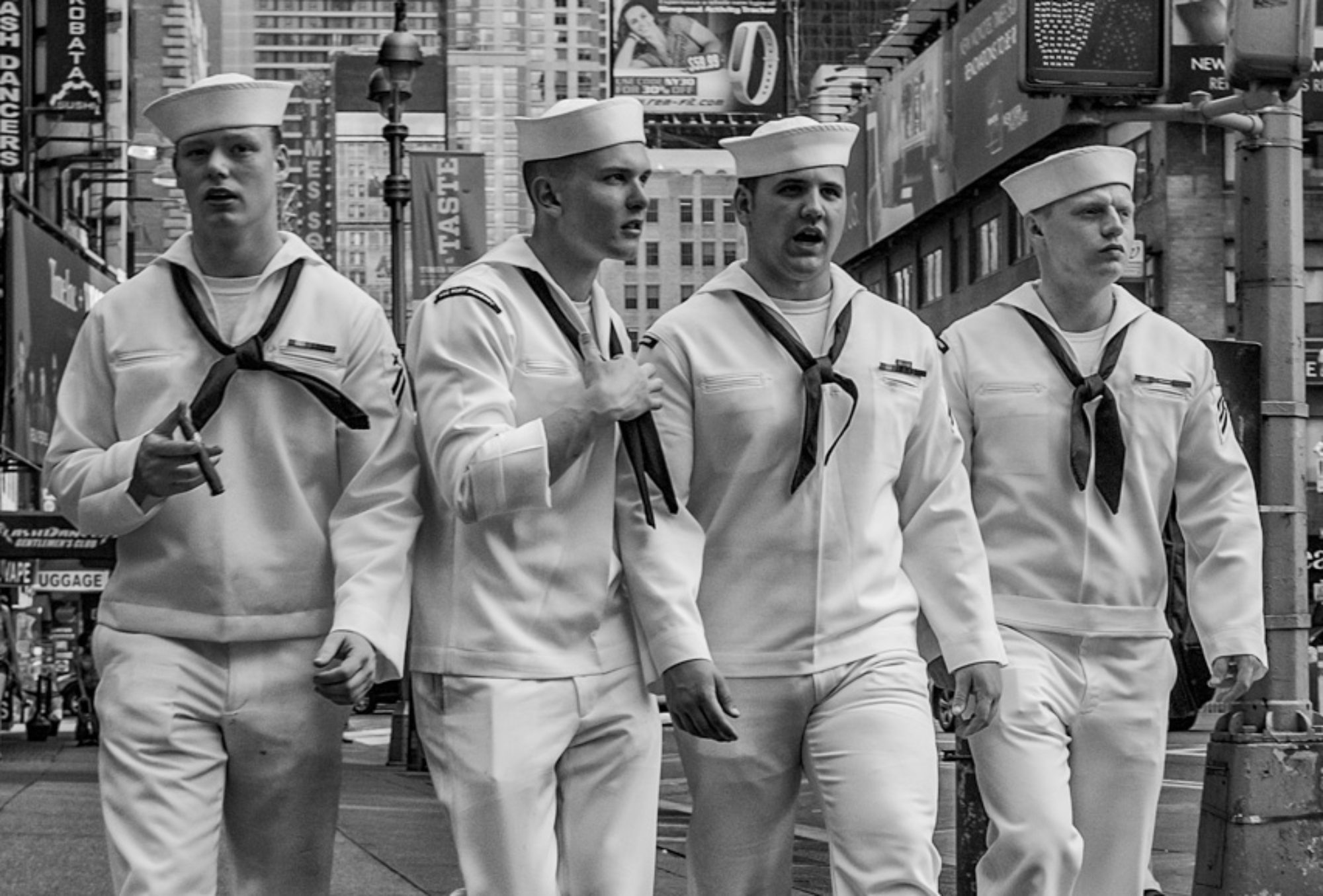When I initially got interested in photography, the resources I had available were limited. There was of course dad who shared his experiences, loaned me his film camera and helped build a home darkroom where I could process and print B&W film. I also would go to the library to read books on the subject. I even had the great experience of taking photography classes at camp with the very talented Scott Lerman.

My educational path took me down the road of technology where I studied Engineering and Computer Science. There was no room for photography, so my education has been self-directed ever since.
I was fortunate to be working at IBM’s T. J. Watson Research labs in the early 90’s and was able to start playing with the Internet when you could just about count the number of websites on your fingers and toes! Well, the good news is, the Internet seems to have taken off since then, and I think it is one of the best tools for photography education today. Want to know why?
First of all, the net is ideal to view and share images. When reading about photography, it is natural to have numerous examples of images and the ever so helpful “Behind the Scene” (BTS) shots to show setups. I regularly send images to a friend across the planet for critique – and is done in near real-time. My daughter would not think twice about this, but I still think it is pretty cool. I can also post images to forums or groups where others can comment or make suggestions. I am a fan of Flickr, where I can post both public and private images – another great way to share images with people without sharing with the world. For instance, want to see pictures of my trip to Texas? Here you go. Only people with the link can see them (and I can of course disable that link anytime!)
Then there is the amazing quantity and quality of online resources for learning – both free and for a fee. I am a fan of David Hobby and his strobist.com website. The amount of information he put into that on educating one on small camera flash and studio techniques is amazing. I also enjoy Zack Arias’ dedpxl.com. You can join Kelbyone.com, Lynda.com (where David Hobby is now prioviding more content) – ro just google for what you want to learn and voila – there is a ton of data on how to do it.
Lastly, there is the communication channels that come with the web – and the opportunities that they can bring to you. For instance, this week in New York there is a large photo exhibition called PhotoPlus Expo and many of the photographers I look up to are in the are to speak at, or present at the show. They also take advantage of being in the area to do workshops and give seminars. So, if you keep an eye on their twitter feeds or other postings, you can find out about these and sign up!
That is what I did. I signed up for a studio lighting workshop with Joe McNally and a street shooting workshop with Zack Arias. In both cases, I signed up almost immediately when I saw the notice as both filled up very quickly.
As much as the web learning is great , I can’t express how invaluable a hands on session with a top-notch educator like these guys can be. Joe effin McNally in the studio showing techniques and then letting you loose with top-notch models where you can build your own shot (within reason). #@&%$*!

This was a shot I put together at the session with Joe. Besides being funny and entertaining, he can help you see light in new ways. Just being there will push you to your creative limits! I was working with the model, giving direction to get fierce and pull on his shirt. Joe walked over near the end of the shoot and offered sage advice (what other advice does he have!?) on model position. I was so pumped up – as was the model at this point – that the shirt rip came. I think the results speak for itself. For me, the workshop was as much an opportunity to work with professional models as it was to see and work with new lighting techniques. Having McNally look over your shoulder in the process? Priceless!
The street shooting workshop was much more intimate. Rather than 40 photographers, 5 models, 5 sets and assistants at the ready as there was for the studio workshop, it was Zack, his intern and eight of us. Coffee shop meeting in the morning and then a day of shooting with back of the camera critiques during lunch and evening drinks. The teaching never stopped though – as we walked around, Zack would stop and point out how he sees light, how to shoot people without them seeing you, how to go up and ask to shoot – whatever. He was also pointing out shots, angles, camera settings – and was available 100% of the time for questions on any of the above.

My assignment was “red” and this was one of the images I caught. I don’t think I would have been able to get this shot without the stuff I learned in the workshop.
So, in summary, you can never stop learning, nor should you. Take advantage of all the online ways you can learn today. But, also look for opportunities to spend face to face time with those whom you admire. You will be surprised sometimes at how accessible they are – and I promise you – what you learn will stick with you forever!


